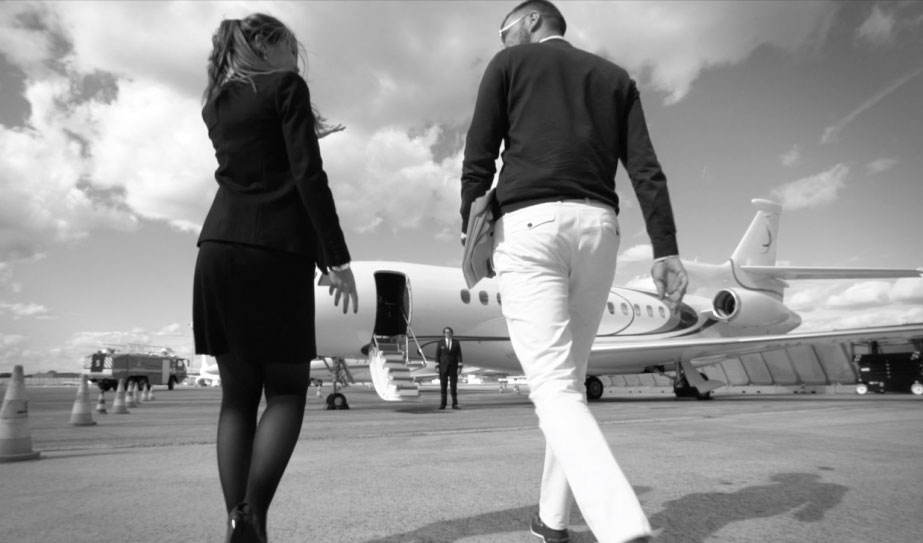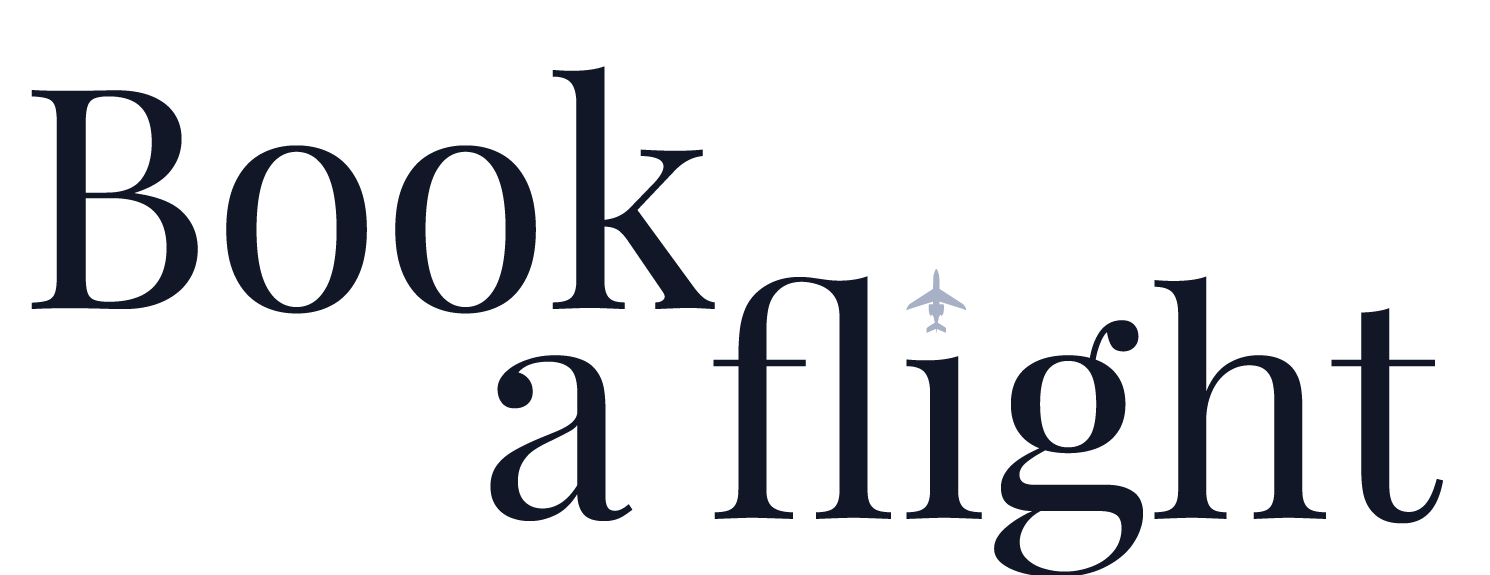An Interview with our Chief Flight Attendant
1. How long have you been head of flight attendants at IBC Aviation?
IBC has entrusted me with the role of head flight attendant in 2016. I am responsible for training our flight attendants, manage schedules, and inventories, control IBC flights preparation.
2. What are the stages of organizing an IBC Aviation flight?
The organization of a flight starts with obtaining the list of passengers to verify passenger preferences and design menus. Communication between the charter broker and the flight attendant is key to gather information pertaining to the flight such as:
o The company chartered, the type of aircraft and tail number (check the cabin configuration)
o The number of passengers, type of flight (leisure or business), day or night flight, destination, flight time, duration of the mission to finalize all preparations prior to take-off.
From these informations, we start crafting our on-board experience. (atmosphere and comfort in the cabin, selection of fine products, tailor-made touches).
3. What steps do you take to meet and exceed customer’s expectations?
For each IBC Aviation client, we keep a file identifying important information (food preferences, allergies, onboard activities, reading preferences, cabin temperature...). We update this file after each flight and modify it if necessary, the flight attendant in charge of the following flight must refer to it prior to organizing the mission.
4. What are the main qualities of a flight attendant in business aviation?
In my opinion, a flight attendant should have the below qualities to succeed in business aviation:
o Anticipation and organization
o Punctuality
o Maturity
o Self-Reliance
o Excellent Listening skills
o Positive Energy
o Reactivy
o Attention to details
o Flawless presentation
o Knowledge about fine products
5. How do you select the products you offer on board?
We select top providers / services by attending yearly trade shows (gastronomy, decorations ...) or by reading luxury magazines. We are always looking for excellent products, and innovations to create a unique on-board experience for each flight. From experience, the best products are the ones found in specialty stores (pastry, bakery, delicatessen...) and in luxury hotels or restaurants, if we do not have access to these stores. We make sure to taste new products before introducing them to our clients.
6. How do you create a tailor-made experience on each flight ?
Each mission starts as a blank canvas, it is an opportunity for us to design a unique tailor-made experience. We strive to surprise and exceed the needs of our clients. I believe, our constant search for top products and latest innovations make all the difference. We respect the client preferences, but always go above and beyond in an attempt to deliver unparalleled service.
7. How do you ensure the safety of passengers on-board?
Our charter brokers collaborate with a network of operators selected on strict safety criteria. As flight attendants, we often go through trainings on aircraft used by our clients. The trainings are generally twofold and focus on safety and first-aid.
Regarding safety, training allow us to verify our knowledge on the use of on-board safety equipment and procedures. For first-aid training, we learn to manage emergency situation on-board and provide basic first aid.
8. How do we distinguish ourselves from competing companies in terms of onboard service?
At Le Bourget Airport, we have a positive image in terms of on-board service. In my opinion, it is based on certain aspects:
o Impeccable and unique service for each mission.
o Confidentiality
o Extensive training on oenology, art of the table, soft skills.
o Careful selection of products offered onboard.
We imagine and craft each mission to exceed the expectations of our customers.
9. What are the major differences between a First-Class flight attendant and business aviation flight attendant?
In First-Class, flight attendants work in teams and can rely on each other. In business aviation, a flight attendant must be able to manage an entire mission on her own. She needs to be creative, proactive and reactive. Additionally, she must be flexible and adapt to potential changes to the flight. (Additional passengers, change of departure time, longer mission)
10. What advice would you give to someone wanting to become a business aviation flight attendant.
Most importantly, make sure you are passionate. Always keep up with the latest trends, and develop a real knowledge in fine products. It will definitely help you stand out from other applicant.













